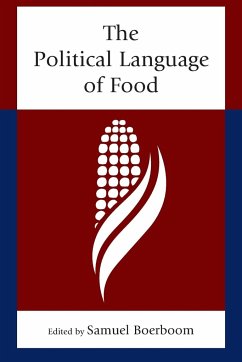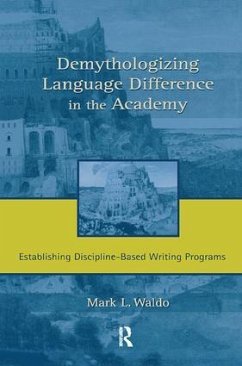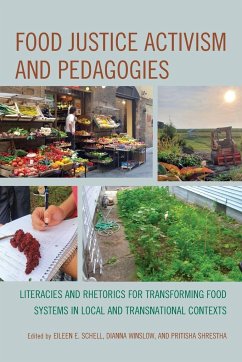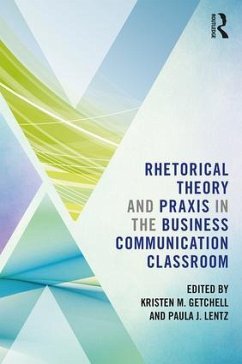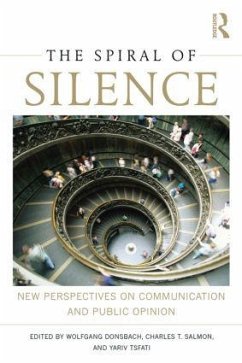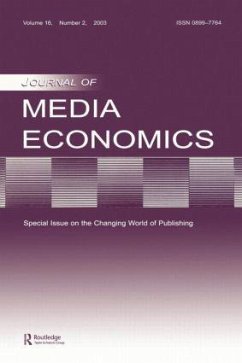
The Language of Law and Food
Metaphors of Recipes and Rules
Herausgegeben: Mancuso, Salvatore
Versandkostenfrei!
Versandfertig in 1-2 Wochen
52,99 €
inkl. MwSt.
Weitere Ausgaben:

PAYBACK Punkte
26 °P sammeln!
This book reconsiders the use of food metaphors and the relationship between law and food in an interdisciplinary perspective to examine how food related topics can be used to describe or identify rules, norms, or prescriptions of all kinds.The links between law and food are as old as the concept of law. Many authors have been using such links in creative ways to express specific features of law. This is because the language of food and cooking offers legal thinkers and teachers mouth-watering metaphors, comparing rules to recipes, and their combination to culinary processes. This collection f...
This book reconsiders the use of food metaphors and the relationship between law and food in an interdisciplinary perspective to examine how food related topics can be used to describe or identify rules, norms, or prescriptions of all kinds.
The links between law and food are as old as the concept of law. Many authors have been using such links in creative ways to express specific features of law. This is because the language of food and cooking offers legal thinkers and teachers mouth-watering metaphors, comparing rules to recipes, and their combination to culinary processes. This collection focuses on this relationship between law and food and takes us far beyond their mere interaction, to explore different ways of using these two apparently so diverse elements to describe different phenomena of the legal reality. The authors use the link between food and law to describe different aspects of the legal landscape in different areas and jurisdictions. Bringing togethermetaphors and indirect correlations between law and food, the book explores different models of approaching legal issues and considering different legal challenges from a completely new perspective, in line with the multidisciplinary approach that leads comparative legal studies today and, to a certain extent, revisiting and enriching it.
With contributions in English and French, the book will be of interest to academics and researchers working in the areas of law and food, law and language, and comparative legal studies.
The links between law and food are as old as the concept of law. Many authors have been using such links in creative ways to express specific features of law. This is because the language of food and cooking offers legal thinkers and teachers mouth-watering metaphors, comparing rules to recipes, and their combination to culinary processes. This collection focuses on this relationship between law and food and takes us far beyond their mere interaction, to explore different ways of using these two apparently so diverse elements to describe different phenomena of the legal reality. The authors use the link between food and law to describe different aspects of the legal landscape in different areas and jurisdictions. Bringing togethermetaphors and indirect correlations between law and food, the book explores different models of approaching legal issues and considering different legal challenges from a completely new perspective, in line with the multidisciplinary approach that leads comparative legal studies today and, to a certain extent, revisiting and enriching it.
With contributions in English and French, the book will be of interest to academics and researchers working in the areas of law and food, law and language, and comparative legal studies.





